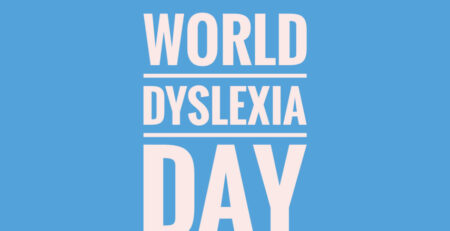Cognitive Behavioural Therapy (CBT) for ADHD: How Does it Work?
Attention Deficit Hyperactivity Disorder (ADHD) is a neurodevelopmental disorder that affects millions of people worldwide, leading to difficulties in concentration, impulsivity, and hyperactivity. Although medication is also at the front line when it comes to ADHD treatment, there are a variety of other approaches available. One such treatment is Cognitive Behavioural Therapy (CBT).
In this blog post, we’ll examine CBT’s principles, techniques, and efficacy as a treatment for ADHD.
Understanding ADHD
ADHD can affect your ability to focus or concentrate and also may cause issues with emotional regulation, and impulse control and make it difficult to sit still in situations where it is necessary. While it’s a common childhood disorder, it can persist into adulthood and pose challenges in various parts of one’s life, including academics, work, and relationships.
When it comes to adult ADHD, CBT is an effective therapeutic treatment option that can complement medication or, in some cases, provide adequate relief of symptoms on its own.
What is Cognitive Behavioural Therapy?
CBT is a structured, goal-oriented form of psychotherapy that focuses on identifying and modifying dysfunctional thoughts, emotions, and behaviours. It’s based on the premise that our thoughts influence our feelings and actions, and by changing these cognitive patterns, we can alter our behaviour and emotional responses.
Applying CBT to ADHD
In the context of ADHD, CBT aims to address the cognitive and behavioural aspects of the disorder. Here’s how it works:
Psychoeducation
CBT begins with educating clients about ADHD and helping them understand its symptoms, impact, and treatment options. This knowledge empowers individuals to actively participate in their treatment and develop strategies to manage their symptoms.
Identifying Cognitive Patterns
CBT helps individuals recognize maladaptive thought patterns associated with ADHD, including negative self-talk, self-doubt, and catastrophizing. By identifying these cognitive distortions, clients can learn to challenge them and reframe them, promoting more realistic and adaptive thought patterns.
Behavioural Strategies
CBT equips individuals with practical strategies to manage ADHD symptoms. This can include techniques such as time management, organization skills, and breaking tasks into smaller, more manageable steps. Behavioural interventions aim to improve focus, impulse control, and productivity in daily activities.
Problem-Solving Skills
ADHD often presents challenges in problem-solving and decision-making. CBT teaches clients systematic approaches to both, helping them break down complex tasks, weigh alternatives, and make informed decisions. These skills enhance adaptability and resilience in coping with challenges.
Mindfulness and Relaxation
CBT incorporates mindfulness-based practices and relaxation techniques to promote self-awareness, emotional regulation, and stress reduction. By cultivating mindfulness, clients can learn to observe their thoughts and emotions without judgment, reducing impulse and attention control issues.
Efficacy of CBT for ADHD
Research suggests that CBT can be an effective treatment for ADHD, particularly when combined with medication and other interventions. While CBT may have some benefits for juvenile clients, it’s generally more effective in adults who are capable of applying the principles taught in therapy.
CBT has been shown to improve executive functioning, reduce ADHD symptoms, and enhance overall functioning and quality of life. Additionally, CBT offers long-term benefits as individuals acquire skills that can be applied beyond therapy sessions.
ADHD Treatment in Calgary
For adults seeking ADHD treatment in Calgary, CBT is available in conjunction with other treatment modalities at the Family Psychology Place. Our trained therapists can tailor treatment plans to meet your unique needs, incorporating CBT techniques alongside other interventions as needed.
Contact us today to schedule an appointment and learn more about the benefits of CBT treatment for ADHD.














